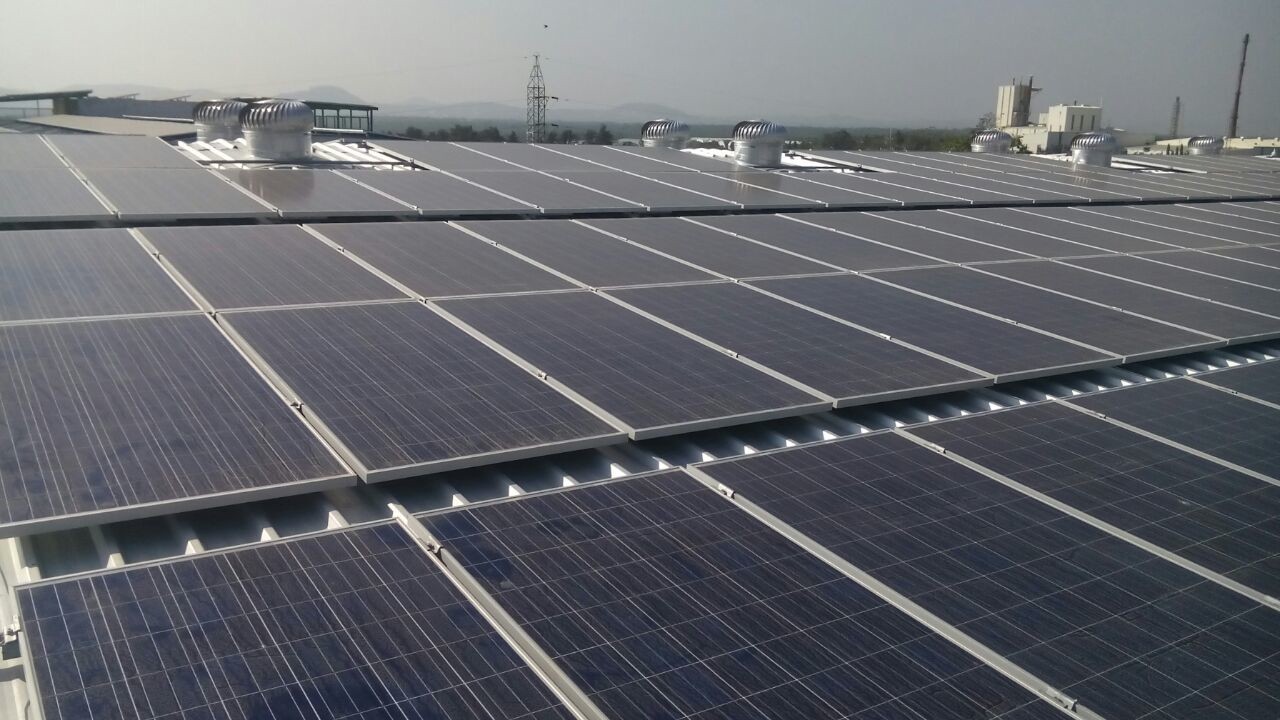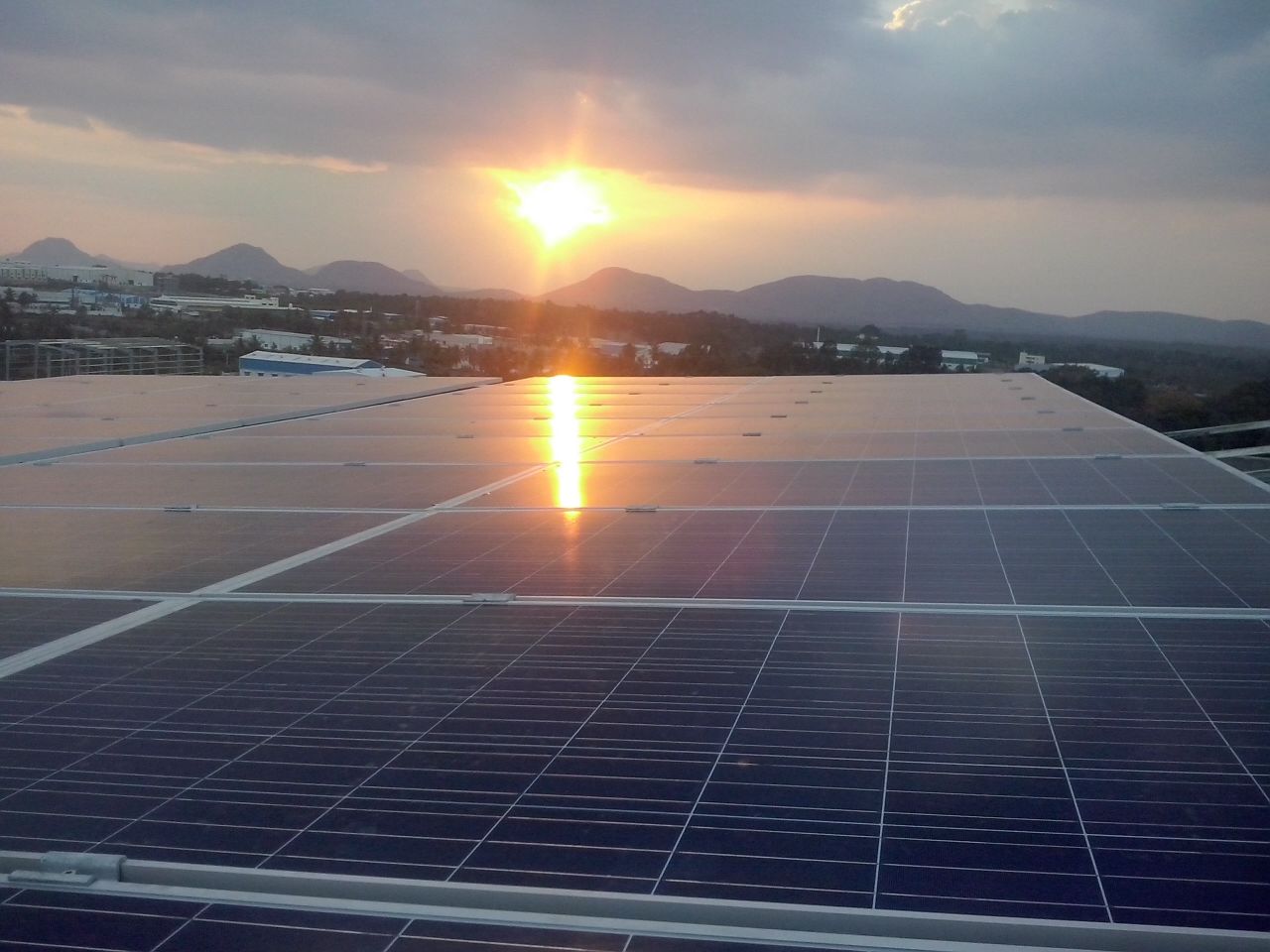
Office of the Directorate General of Anti-Dumping (DGAD) presiding over the hearing of anti-dumping petition on 12th of December, can be considered another step in favor of domestic manufacturers towards demand creation within domestic industry. Domestic manufacturers have had a long history (nearly 5 years) of conflict against imported modules and cells.
While India kept practically doubling its solar capacity in recent years (from 5 GW in 2015- to ~16.6 GW in 2017), domestic solar manufacturers saw lack in demand creation. The industry being focused on importing solar modules, created an issue of capacity utilization of domestic manufacturers. In such a scenario, re-visiting the recent Anti-dumping issue in the solar industry can bring the results India desperately needs to become solar reliant.
However, the Government of India categorizing solar cells as major module import and not identifying the final product- ‘imported solar modules’ as the bigger threat to its domestic industry has still stirred concern in the industry.
The Effect of Imported Solar Modules in India
India has imported approximately 161.5 million solar panels in FY 2014–15 amounting to almost $821mn, which is a 15.45% ($ mn) growth over last year’s expenditure of $711.12 mn. In FY 15-16, the expenditure jumped to $2.3 bn and within FY16-17, India spent $3.2 billion in solar equipment imports, which is about 35 times its solar equipment export.
It is true that, Indian solar industry has the potential of developing industrial infrastructure, claiming a larger portion of the global industry, create jobs, and initiate socio-economic revolution. However, to achieve such a feat, the country must possess control over its own energy future (since energy and economy are interrelated). Here, it is important to highlight that spending billions on imports doesn’t really translates into reliance, which Indian solar sector aspires to achieve.
Consistently increasing solar import scale has allowed foreign module suppliers more than 80% market share in the domestic industry, while Indian solar module capacity of 8400 MW is witnessing the treat of lack of utilization. Besides that,
Therefore, the initiative to impose anti-dumping duties of foreign solar suppliers is heavily supported by the industry. However, the focus of the duties should be on solar modules and not just cells.
Why It Is Important to Turn Focus On Imported Solar Modules More Than Cells

A solar module is the finished product and is made up, thus costs more than the solar cells. Therefore, it is in favour of India to block dumping of modules and allow its own capacities to grow, thus reducing forex outflow and carrying an opportunity for profit through export markets.
Besides, our current operational cell capacity of India is 1667 MW, which is not enough to satisfy the module capacity- 8400 MW. Therefore, it is easy to understand that India needs imported solar cells to solarize the country feasibly. Thus, imposition of higher anti-dumping duties on foreign solar cells would lead to unavailability of cells in the domestic market and make the operation expensive.
Therefore, while imposition of anti-dumping on foreign modules is necessary for the indigenous solar industry to survive, the duty of imported solar cells has to be lower. Till such time when our industry can indigenously meet cell demands.
Way Forward

Domestic solar manufacturing can make India the third largest economy in the world by improving social, industrial, and economic infrastructure. From creating jobs to reducing import expenses, domestic manufacturing comes with an array of benefits that can boost national uplift. Domestic solar growth has already created more than 416000 new jobs (2015) and 1,017,800 jobs are expected be created within 2022, offering a solution for India’s employment scarcity.
Recent appeal for imposing anti-dumping on solar components presents an opportunity for the Government of India to enhance and utilize domestic solar module manufacturing capacity. However, higher focus (and anti-dumping duty imposition) should be on modules rather than imported cells to utilize continuously growing capacities and develop the industrial eco-system India needs.
